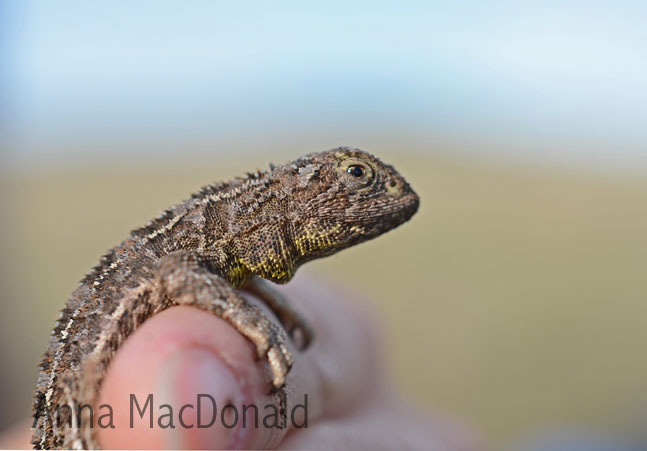Anna MacDonaldI'm a biologist with interests in genetics, conservation, ecology, invasive species, and wildlife management. Archives
May 2019
Categories
All
|
Back to Blog
Click here to read the full post at WildlifeSNPits:
September 7th marks the anniversary of a spectacular failure in Australian wildlife conservation. On this day in 1936, the last known thylacine, the largest marsupial carnivore and the only member of the family Thylacinidae, died in captivity in a Hobart zoo. Today, this day is recognised (I cannot bring myself to write “celebrated”) as Threatened Species Day. In July this year, the Australian Government launched a new Threatened Species Strategy at a summit in Melbourne. Many conservationists, myself included, have welcomed these plans, which include targets to improve the conservation status of 20 mammals, 20 birds and 30 priority plant species by the year 2020. Those who know me will know of my love for bandicoots, bilbies and quolls, so it should be no surprise that I’m delighted to see some of these species included in the new strategy. But still, in the days following the announcement I found myself having conversations with an assortment of friends and colleagues that went along the lines of “this is great but what about the threatened fish… or reptiles… or amphibians… or insects… or crustaceans…" If we are serious about wildlife conservation and the preservation of ecosystems, we can’t afford to focus only (or mostly) on the cute and the fluffy. We need to strive to conserve all wildlife and especially to prevent the loss of species that play important ecological roles. We need to save the pollinators, the predators, the detritivores, the ecosystem engineers… there are many of these and, although some may have fur or feathers, most of them don’t!
1 Comment
Read More
Back to Blog
Click here to read the full post at WildlifeSNPits:
It’s Friday, and nearly the end of the month. Think back over the last week, the last few weeks. Have you been a science grouch? I know I have. Perhaps you’ve complained about the lack of job opportunities in science? Your paper got bad reviews? Your sequencing failed? Or something else…? If I look back, honestly, I am confident that I must have had conversations almost every day this month, in real life or on Twitter, that have involved some sort of science grouchiness. |
 RSS Feed
RSS Feed

